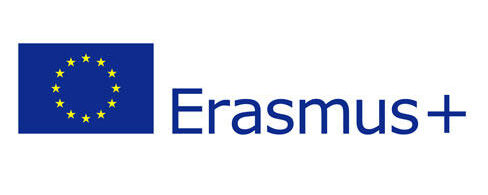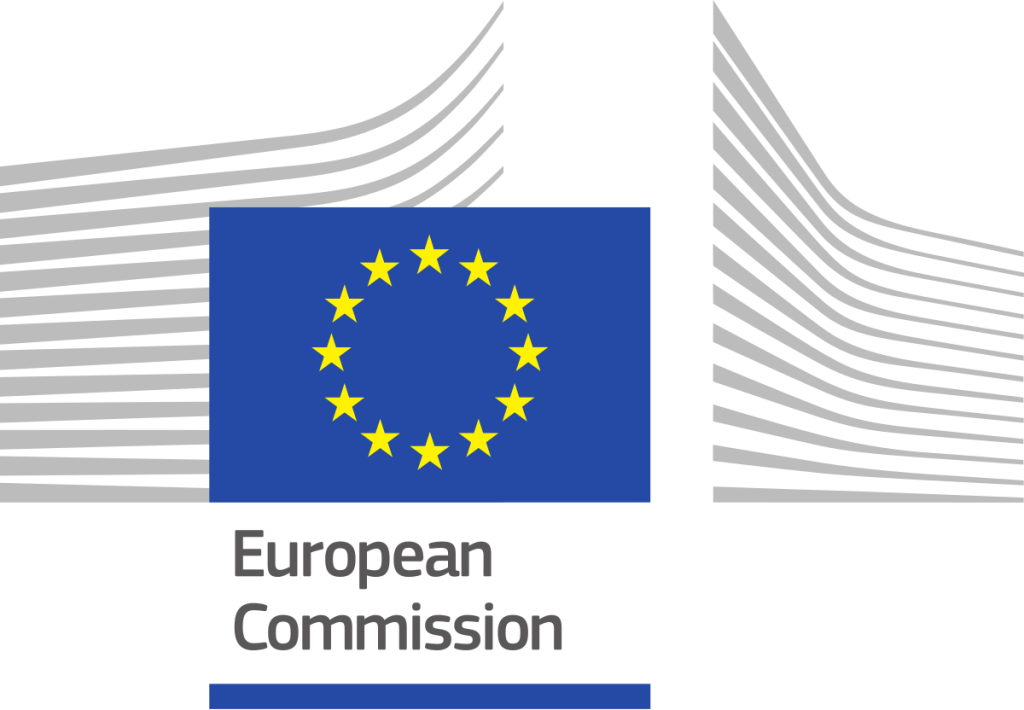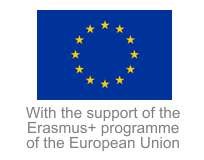National Erasmus + Office +382 20 223 087
Capacity building
Capacity building projects are international cooperation projects based on multilateral partnerships between
organisations active in the field of VET in EU Member States and third countries associated to the Programme, and third countries not associated to the Programme. They aim to support the relevance, accessibility, and responsiveness of VET institutions and systems in third countries not associated to the Programme as a driver of sustainable socio-economic development.
Through joint initiatives that foster cooperation across different regions of the world, this action intends to increase the capacity of VET providers – especially in the fields of management, governance, inclusion, quality assurance, and
innovation – so that they are better equipped to engage with private sector/enterprises/business associations to
explore employment opportunities and jointly develop responsive VET interventions. International partnerships should contribute to improving the quality of VET in the third countries not associated to the Programme, notably by
reinforcing the capacities of VET staff and teachers as well as by strengthening the link between VET providers and the labour market.
It is envisaged that the capacity building projects VET contribute to the broader policy objectives that are being pursued between the European Commission and the third countries not associated to the Programme or region concerned, including Global Gateway investment packages.
OBJECTIVES OF THE ACTION
Specifically, the action will:
▪ Build capacity of VET providers to strengthen cooperation between private and public stakeholders in the field
of vocational education and training for demand-oriented and opportunity-driven VET interventions;
▪ Improve the quality and responsiveness of VET to economic and social developments to enhance the labour
market relevance of skills provision;
▪ Align VET provision to local, regional and national development strategies
THEMATIC AREAS
Features that characterise capacity building in VET include some thematic areas presented below. Proposals should
focus on one or more of the following themes:
▪ Work-based learning (for young people and/or adults);
▪ Quality assurance mechanisms;
▪ VET teachers/trainers professional development;
▪ Key competences, including entrepreneurship;
▪ Public Private Partnerships in VET;
▪ Innovation in VET;
▪ Green and digital skills for the twin transition;
▪ Skills matching with current and future job opportunities.
In addition, the applicants can cover thematic areas that are not presented above. These must demonstrate that they
are particularly appropriate to meet the objectives of the call and identified needs.
ACTIVITIES
The activities proposed must be directly linked to the objectives and thematic areas of the action, i.e. they must
correspond to one or more of the thematic areas listed above and they must be detailed in a project description
covering the entire implementation period.
In the context of this international worldwide action, project activities must focus on building and strengthening the
capacities of organisations active in the field of VET principally in the third countries not associated to the Programme
covered by the action.
Funded projects will be able to integrate a wide range of cooperation, exchange, communication and other activities
including for example:
▪ Creating and developing networks and exchanges of good practice between VET providers in third countries not
associated to the Programme and in EU Member State or third country associated to the Programme;
▪ Creating tools, programmes and other materials to build the capacity of institutions from third countries not
associated to the Programme (practical training schemes training programmes and tools for assessing and
validating learning outcomes in VET, individual action plans for participating institutions; professional guidance
and counselling and coaching methods…);
▪ Creating mechanisms to involve the private sector both in the design and delivery of curricula and to provide
VET learners with high quality work-based experience;
▪ Developing and transferring pedagogical approaches, teaching and training materials and methods, including
work based learning, virtual mobility, open educational resources and better exploitation of the ICT potential;
▪ Developing and implementing international (virtual) exchange activities for staff primarily (including teachers
and non-teaching staff such as school leaders, managers, counsellors, advisors, etc.).
In case learner and staff mobility activities are proposed, these should contribute directly to the objectives of the
project and be strongly embedded in the project logic as a whole.
The proposed activities should bring an added value and will have a direct impact on the achievement of the project
results.






